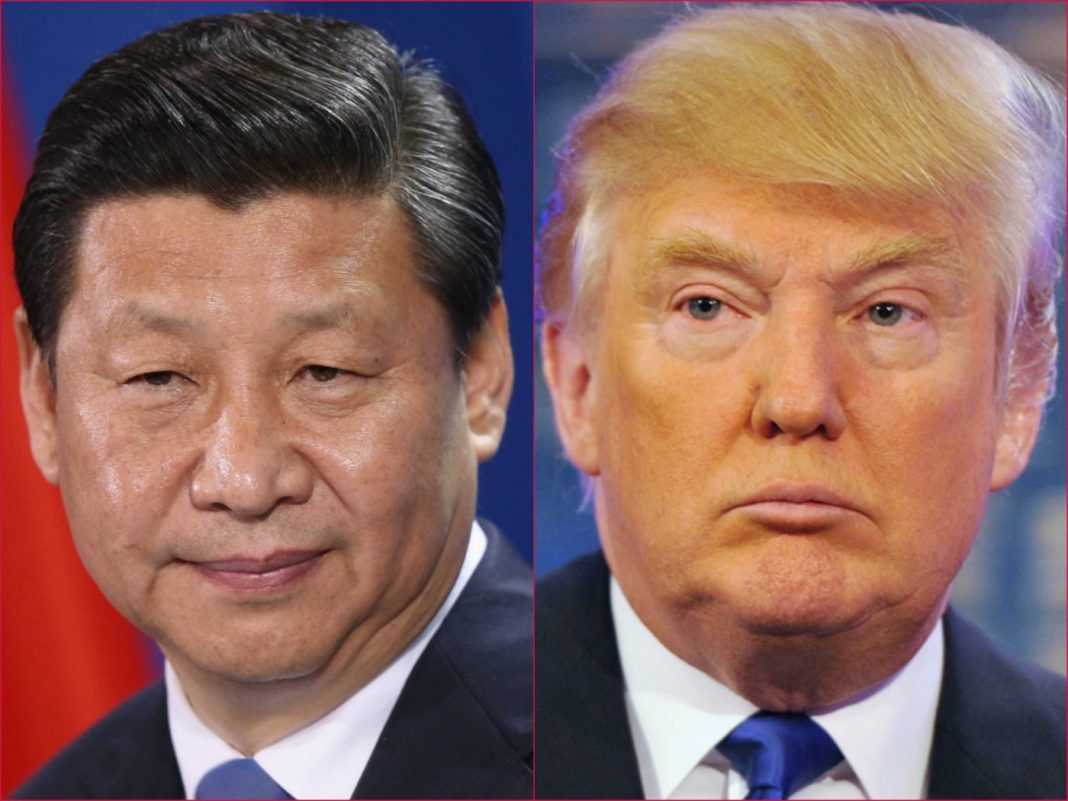BUSAN, South Korea — President Donald Trump and Chinese President Xi Jinping held their first face-to-face meeting in six years on Thursday, October 30, 2025, striking a conciliatory tone and announcing limited but symbolic steps to ease tensions between the world’s two largest economies.
Meeting in the southern port city of Busan on the sidelines of the Asia-Pacific Economic Cooperation summit, the two leaders discussed trade, technology, security, and global conflict, marking a rare thaw after years of strained relations.
“It is normal for the two top economies of the world to have friction occasionally,” Xi said through a translator as the talks began.
The nearly two-hour session resulted in Trump agreeing to reduce tariffs on Chinese imports by 10 percent, lowering the average rate from 57 percent to 47 percent.
The Trump administration had previously imposed steep tariffs on Chinese goods during a prolonged trade dispute.
The White House said China agreed to resume purchases of American soybeans and restart rare earth exports — critical materials for high-tech manufacturing — while both countries committed to greater cooperation on the war in Ukraine.
Talks on U.S. restrictions affecting Nvidia chip sales to China will continue.
Trump and Xi also discussed the long-running debate over the ownership of TikTok, with the U.S. president noting that decision-making on the platform’s future is ongoing after several deadline extensions.
Flanked by senior officials, the two leaders presented an image of stability following the meeting.
Emerging from a venue within the Gimhae Air Base, they exchanged handshakes and warm gestures before Xi departed.
The summit also laid the groundwork for further engagement.
Trump said he plans to travel to Beijing in April 2026, while China is expected to communicate details of Xi’s reciprocal visit to the United States.
The encounter — their first since Trump left office in early 2021 and returned in 2025 — comes at a time when both nations face slowing economic growth and geopolitical uncertainty.
Analysts say Thursday’s meeting signals a pragmatic recalibration rather than a full reset, but the tariff reduction and renewed commodity trade mark a departure from the sharp confrontations of recent years.







